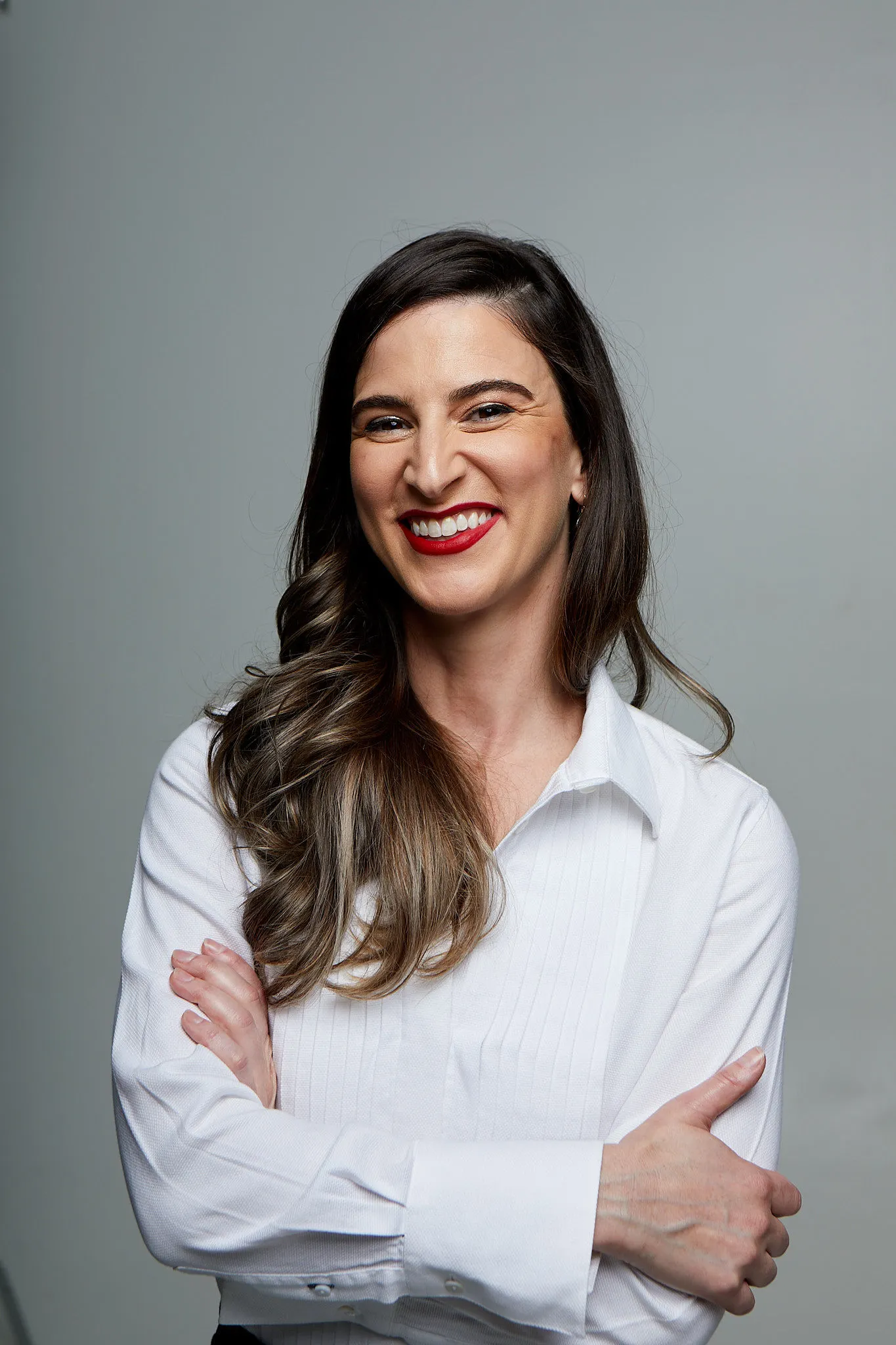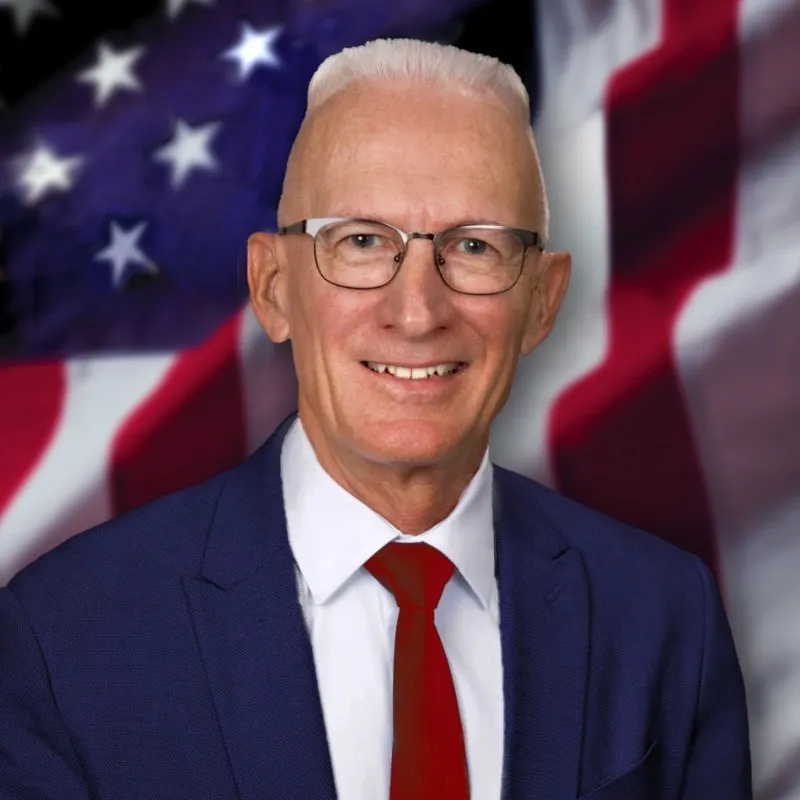As finance teams implement more layers of technology, companies are relying even more heavily on CFOs’ technical skills and professional skepticism.
Yet, perhaps paradoxically, a more technology-driven finance operation is also placing a high premium on so-called “soft skills.” Rank-and-file workers expect C-Suite leaders, including CFOs, to explain in clear terms why their organizations are adopting new pieces of tech, and what it may or may not mean for their day-to-day jobs.
Customers and clients, too, are turning to new pieces of tech, including, yes, artificial intelligence, and it falls on finance chiefs and other leaders to explain whether such tools are accurate or appropriate. Leaders also need to explain their companies’ own value proposition in the face of an increasing push toward automation.
In this edition of The CFO Peer Audit Series, we turned to a handful of CFOs and asked: What soft skills would you say are becoming more relevant to the CFO role?
Here’s what they had to say.
Bobby Leibrock, CFO, ACI Worldwide (global software and payments company)

“Adaptability is high on my list. The ability to adjust to change is critical, especially with everything happening around AI, geopolitics and technology. The same goes for understanding areas like cryptocurrency and stablecoins. Underneath adaptability is a willingness to keep learning and reevaluating how we operate.
I’d also put collaboration and communication right beside it. For a CFO to influence peers and have a seat at the table, you have to listen and communicate effectively. Whether it’s a chief product officer or a chief revenue officer, you have to help those teams see the balance behind why we’re making certain tradeoffs or pursuing certain opportunities. That’s an ongoing responsibility for finance leaders and one that helps the CEO scale.
We’re often the ones communicating tough decisions with the CEO — how we allocate capital, why we’re investing in one area and not another or how we’re prioritizing long-term growth over short-term wins.”
Ricky Khetarpaul, CFO, Liquid Death (canned beverage company)

“Empathy. I think empathy is one of the most important soft skills a CFO can have.
For me, it’s about building engaged teams and enabling change management. Both require empathy. We all show up to work to do our best. We want to make a difference, earn a livelihood and contribute meaningfully.
What has motivated me in the past are leaders who were invested in me — who could speak my language, ask how I was doing and help remove roadblocks. It doesn’t always have to be about work; it’s about building bridges. That applies to our teams and our peers.
We all want to come to work feeling like we’re part of something, that our voices matter. Having an empathetic mindset is critical to both change management and maintaining an engaged workforce. I’d rate that as a very high-value soft skill for any CFO.”
Wassia Kamon, CFO of Access to Capital for Entrepreneurs (small business lender)

“Emotional intelligence, to me, is No. 1. You need to be self-aware, especially when you’re delivering numbers or presentations. I’d also say curiosity and a desire to learn, because things are changing so fast.
Finally, CFOs need what I call ‘work-life harmony.’ You have to have a lifestyle that allows you to do this job because it’s so demanding. You do need that balance outside of work to be your best.”
Terry Valdivieso, CFO of Atlantis Management Group (convenience store operator)
“To be successful in the role, you have to have that cross-department collaboration. So, in my case, I have to work together with my operation partner, HR partner and IT partner to achieve our goals. As part of that, it’s very important to have the ability to compromise sometimes. Everyone is bringing a different perspective.
I’d also say empathy and understanding. My strong suit was always on the technical side of things; it’s how I got the job. But throughout the years, I’ve learned that I need to be a bit more understanding. Not everyone learns the same way. So, for me, that was definitely a skill that needed to be developed. Empathy is an important skill a CFO needs. It’s true for any leader of any company today, really.”
Lauren Pearl, fractional CFO, various businesses

“Collaboration and mental flexibility. We’re in a moment of technology disruption that will upend how business gets done in the market and throughout our organizations. As CFOs, our job is to measure and steer the rest of the organization. But that can feel impossible when things are moving this fast.
To succeed, great CFOs are upping their listening at all levels — keeping up to date on what other team leaders need, what’s changing and what’s going on externally. They’re tossing out any habits based on ‘We’ve always done it this way’ and replacing them with ‘What do you need now?’ More than ever, we have to build trust with our colleagues, be open to new ideas and be willing to try new ways of better serving our companies.”
Nick Araco Jr, president and CEO, CFO Alliance

“Right now, I’d say the ability to be a translator of uncertainty. The reason I say that is because the biggest struggle I’ve seen, traveling to 20 cities between Aug. 15 and Oct. 15, is a lack of alignment between boards, investors and teams. Everyone is moving with imperfect information, and that creates a lack of confidence.
So, I’ve been telling CFOs, on top of being chief financial officer, you’ve also become chief reality officer. You’re the chief translator of uncertainty. You need translation capabilities because these groups speak different languages, see different things and often rely on different data sources without a central source of truth.”
Amy Alost, CFO, Provident Specialty Group (real estate renovation contractor)
“Communication. You can’t just know your numbers; you have to tell the story of your numbers. That’s why it’s called storytelling. You have to explain what’s happening in your company to people who aren’t numbers-minded.

To do that, you have to know the room. Understand who you’re talking to, what their background is and what personalities you’re dealing with. Are they the type who haven’t looked at the appendix, or the ones who’ve combed through every page? Usually, it’s one or the other, and you’ve got to strike a balance because time is limited.
What they need to hear and what they want to hear aren’t always the same. You have to hold that line and have the backbone to communicate what matters. If the CEO takes the lead, fine, but when it comes back to you, know your numbers and make them clear for people who don’t live in them.
In a PE firm, it’s a bit different. They’re goal-oriented and want metrics, not fluff. Sometimes you have to go into coach or mentor-up mode without being obvious about it. They might think they’re asking the right question, but if there’s something else they need to know, you work it into the conversation. Acknowledge their point, then redirect: ‘I’d also like you to consider…’ You have to know how to shift the focus and energy in the room when needed. If the room’s flat, it’s not good for anybody.”
Oakland McCulloch (Retired U.S. Army Lieutenant Colonel)

“Resilience, and it isn’t built in comfort. It’s built-in pressure. The ability to stay composed when things get hard is what separates effective leaders from average ones. In business, that means keeping your team focused on the mission when the market turns, the board’s unhappy, or resources are tight. The soft skills that matter most are steadiness, communication, and trust — because if you lose those under pressure, you lose your people.”





